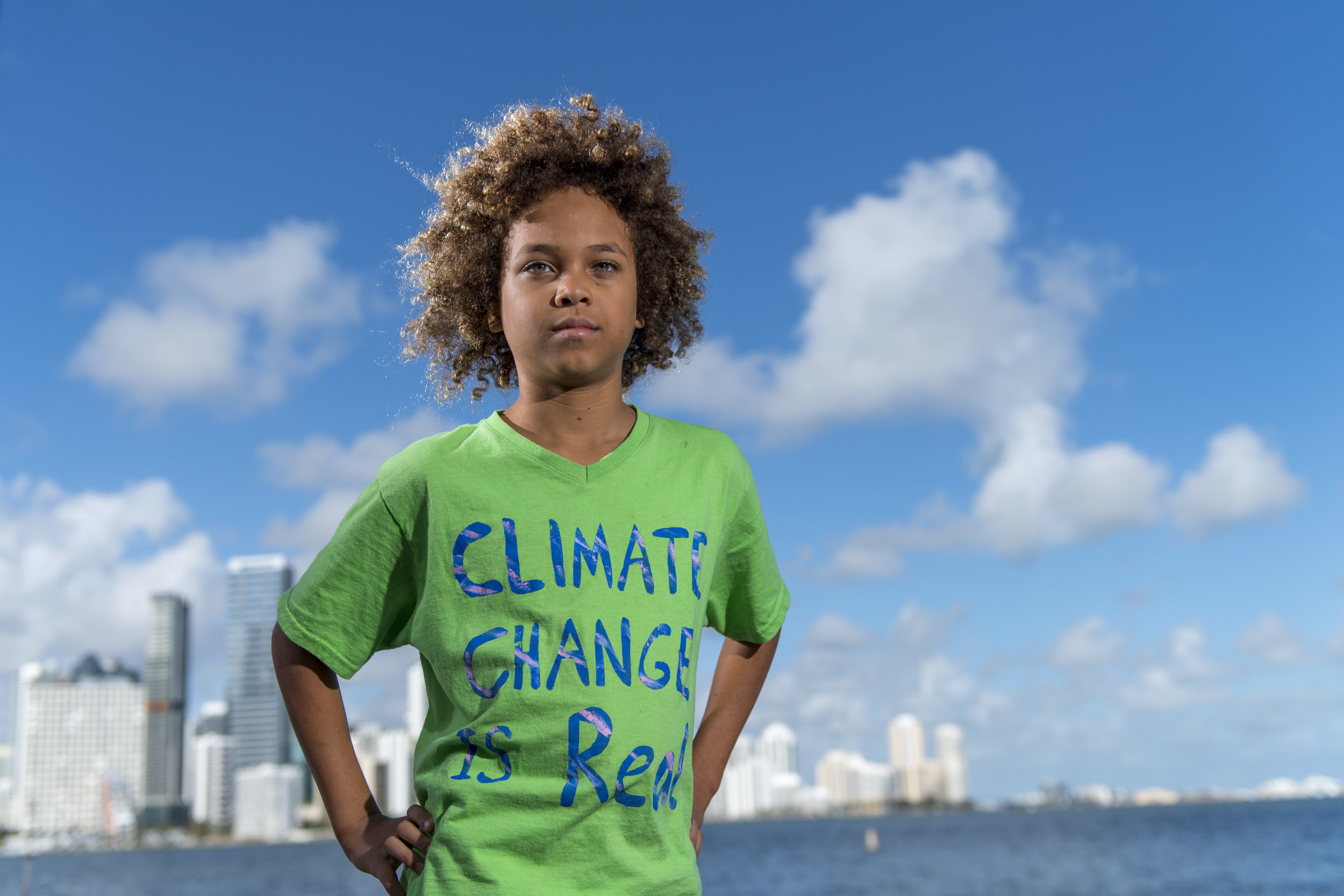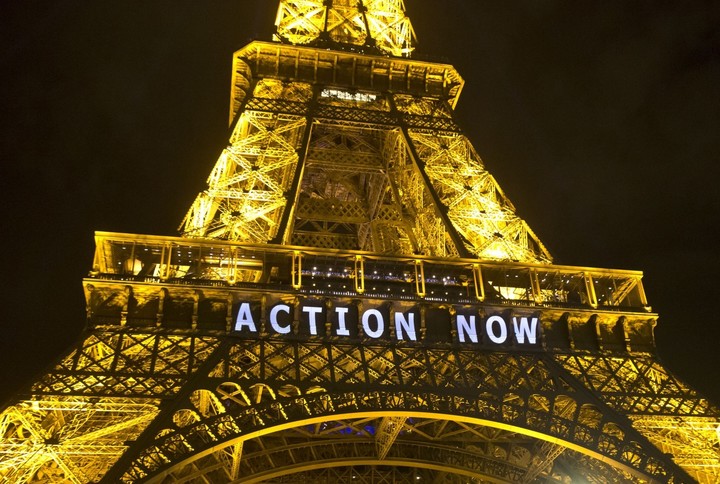Post Paris Withdrawal: Respond with Political and Legal Action
Linda T. Gordon - Summer Development Intern, The Impact Fund
President Trump may have stated from his federal perch that the United States has withdrawn from the Paris Accords, but on the domestic stage, our efforts to uphold these goals and regulations are far from undone. The withdrawal process for this agreement first established during the Obama administration will take four years to officially complete (making it a 2020 Presidential Election issue) and the carbon regulations and environment standards laid out in the Accords can still be the goal of cities and states across the country should citizens and representatives set their minds to it.
Through a donation by Michael Bloomberg, the United States will fulfill its monetary commitment to the Paris Accords. In addition, within hours of President Trump’s announcement, California, New York and Washington announced the formation of the United States Climate Alliance Coalition. With growing membership, this coalition is making strides in its aim to uphold U.S obligations under the Paris Agreement. It is also advocating to protect domestic policies initiated during the Obama administration such as the Clean Power Plan.
But what can a person without these podiums or pockets do to show their support?
In short: stay vigilant, stay active and stay motivated with political and legal strategies to hold the Trump administration accountable and make a personal plan to stand up for environmental justice (see our suggestions below).
In this critical moment for environmental legislation, it is helpful to deconstruct the players who facilitated the Paris Accord’s demise and how they might affect the future of environmental policy.
The first organization that must be pulled out of the shadows for funding President Trump’s anti-climate agenda is the U.S. Chamber of Commerce. The Chamber has led efforts to roll back environmental legislation and funded a study that inflated the costs of the Paris Accords. This same study was cited by President Trump in his rationale for withdrawing from the Accords. Senators Elizabeth Warren and Sheldon Whitehouse summarized it best, “The biggest benefit the Chamber offers is to let companies say one thing and do another.”
This double talk is coming from members such as Gap, PepsiCo, and Disney, who released twitter statements condemning President Trump’s decision, without disclosing it was their funding which provided the false scientific basis on which Trump made his decision.
Calling out these corporations and the Chamber is a concrete action we can take to slow the tide of destructive anti-environmental legislation sentiment. Organizations such as Public Citizen have published the list of businesses funding the Chamber and mobilized social media campaigns against corporations with such hashtags as #DroptheChamber and more.
It appears that by withdrawing from the Paris Accords, President Trump strengthened the resolve of climate leaders within the United States and weakened his own ability to participate in one of the largest opportunities to create jobs, strengthen the U.S. economy, and ensure the existence of a viable environment.
The courageous young plaintiffs suing the federal government in the case for failing to act in climate change
Via our Grant Program, the Impact Fund is helping fund a case by Our Children’s Trust, which is taking another approach to holding the Trump administration accountable: filing a landmark lawsuit--Juliana et al v. U.S.A. et al--against the federal government on behalf of twenty-one children, from a range of U.S. states, in the District Court of Oregon in 2015. The nonprofit’s website outlines the basic arguments in the suit which suggest that, “through the government’s affirmative actions in causing climate change, it has violated the youngest generation’s constitutional rights to life, liberty, and property, as well as failed to protect essential public trust resources.”
The suit serves as a groundbreaking example for the type of legal arguments that can be used regarding climate change. It is also not unprecedented on the international stage. National Geographic, which has been following the case, reported, “Similar lawsuits, brought by other lawyers, are playing out in other nations, including Belgium and New Zealand, and have been won in Pakistan, Austria and South Africa.”
The case has also garnered wide media attention as the eloquent plaintiffs provide a youthful face for the climate justice movement, which drives home the dangers of ignoring climate change for future generations.
Here are four key actions you can take to keep the U.S committed to the Paris Accords and environmental justice:
1. Stay up to date on the Our Children’s Trust lawsuit and other high impact cases and amplify your voice as an advocate for environmental justice here.
2. Bring corporations that are members of the Chamber of Commerce out of the shadows and hold them accountable for their words here.
3. Ask your business, university, and/or representatives to add their name to the list of states and organizations supporting the United States Climate Alliance. Companies, investors, mayors and governors register here; universities and schools click here.
4. Take a stand for environmental and social justice by becoming a member of the Impact Fund Social Justice League.
President Trump’s mistake will not be our folly. I believe we can pull the foundation of alternative facts out from under his presidency by building a new coalition to counter the denial choir, and continuing to advocate with renewed vigor for environmental justice.







